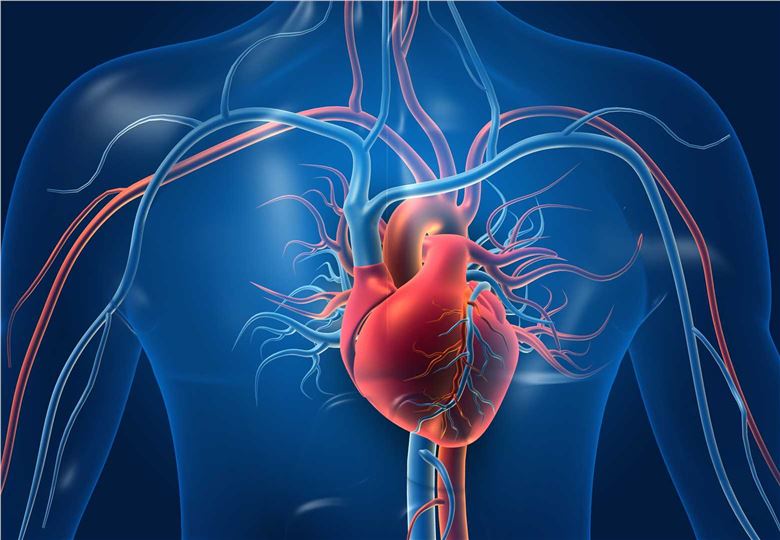Heart-Brain Exosome Communication Research Introduction
The relationship between the heart and the brain is a functional relationship that is inseparable from supply and demand. The brain is the most advanced part of the nervous system, responsible for the body's movement, sensation, language, emotion, and other functions. The metabolism and functional activities of the brain need blood to support, while the heart is mainly responsible for blood supply. Therefore, the relationship between the heart and the brain is a relationship of needs, and they are inseparable from each other. When the heart function is abnormal, in addition to the discomfort of the heart itself, it may also lead to brain dysfunction. Epidemiological studies have shown that heart failure significantly increases the risk of Alzheimer's disease and other age-related neurodegenerative diseases. Causes include poor blood flow to the brain and dysfunctional hippocampus. But the underlying molecular mechanisms of heart-brain communication are not yet known. Creative Biolabs has been deeply involved in the field of exosome research, always focusing on the great potential of exosomes in the diagnosis and treatment of human diseases. Recently, we focused on a study on heart-brain communication based on exosome circulation and regulation and shared it with you.
Research on Heart-Brain Communication Based on Exosome Circulation and Regulation
Previous reports proposed that chronic heart failure (CHF) is associated with redox imbalance and found that low expression of Nrf2 (nuclear factor [erythroid-derived 2]-like 2) in the brain of CHF patients was associated with disruption of myocardial redox balance and sympathetic stimulation. Exosomes can be secreted by different cells in various tissues in the body and enter the body fluid circulation to mediate the regulation between various organs or tissues in the body. Exosomes contain abundant miRNAs and can transfer these miRNAs to proximal or distal cells to regulate gene expression. Therefore, previous researchers proposed a conjecture that CHF tissue-derived extracellular vesicles may deliver a certain miRNA signal to the brain through the body fluid circulation, resulting in a decrease in the expression of Nrf2 in the brain. Subsequently, they immediately established a rat model of CHF induced by left coronary artery ligation and extracted extracellular vesicles from the heart tissue. By comparing with the miRNA sequencing results of extracellular vesicles derived from the plasma of CHF patients and previous studies on Nrf2 regulation, they confirmed that extracellular vesicles derived from CHF tissue do contain a high abundance of miRNAs that can inhibit the expression of Nrf2, including miRNA- 27a, miRNA-28a, and miRNA-34a. Finally, through in vivo tracing experiments and functional verification experiments, it was found that CHF cells can regulate Nrf2 by releasing extracellular vesicles rich in these miRNAs, thereby regulating sympathetic nerve excitation in the brain.

Creative Biolabs is committed to accelerating customers' exosome research and clinical translation by providing systematic exosome research and transformation solutions. Our professional technical team can not only formulate the most rigorous experimental plan for customers based on existing reports and our own project experience, but also provide customers with one-stop services for tissue exosome research from beginning to end, including exosome isolation, exosome identification, exosome profiling, exosome proteomics, exosome RNA sequencing, exosome lipidomics and metabolomics and tissue exosome related services. If you want to know how a disease affects other tissues, you are welcome to contact us. We would like to explore the regulatory mechanism of exosomes between tissues with you.
Reference
-
Tian, C.; Gao, L.; et al. Extracellular vesicles regulate sympatho-excitation by Nrf2 in heart failure. Circulaton Research. 2022. 131(8):687-700.
For Research Use Only. Cannot be used by patients.
Related Services:











